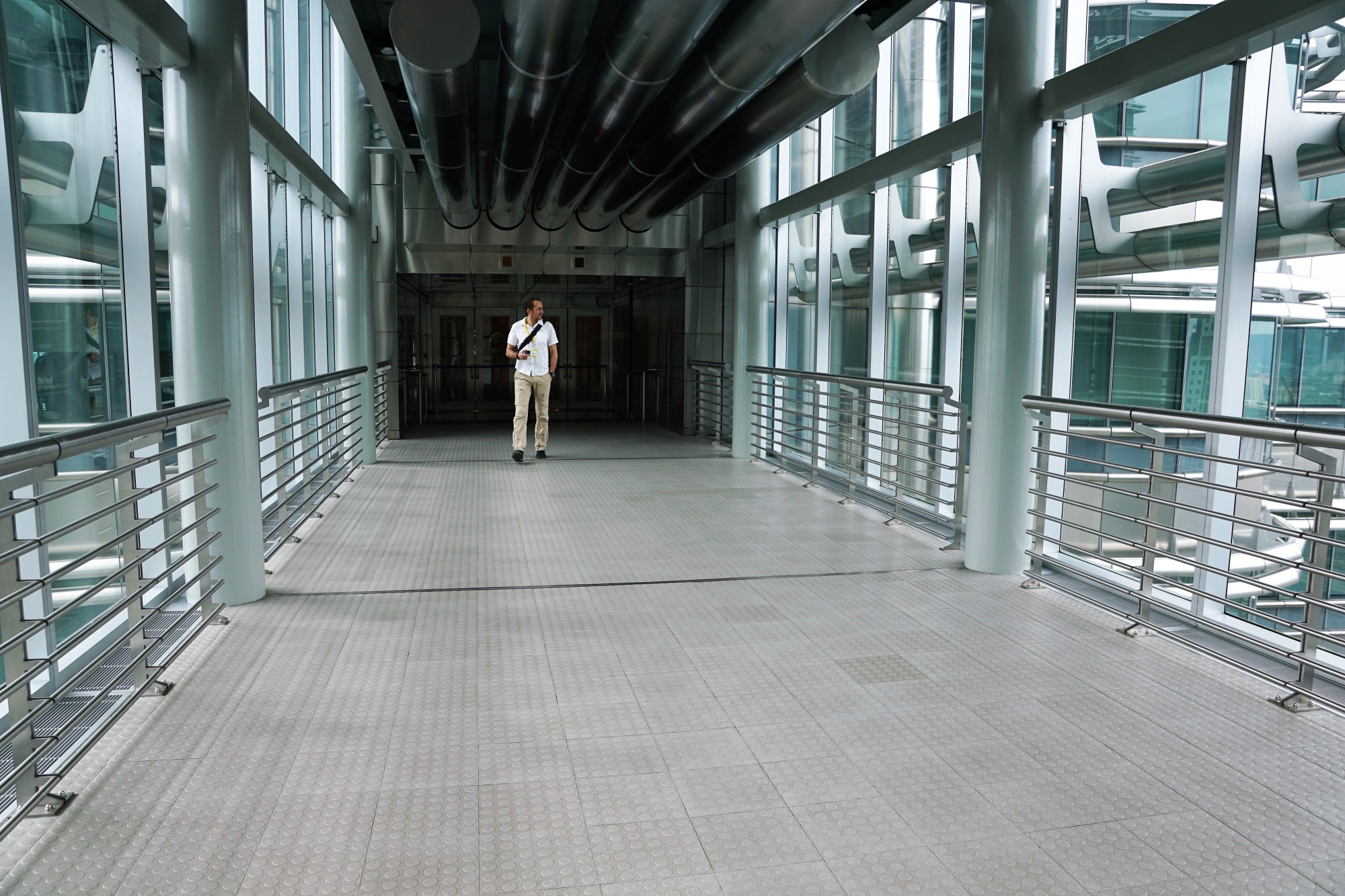
A Simple Guide on How to Choose the Right Industrial Flooring
Spills, heavy equipment, and harsh cleaning chemicals are just several of the factors that your industrial flooring needs to be able to withstand.
Your flooring system should look great, be resilient and make your workplace safer and more efficient. We’re going to walk you through the deciding factors of your flooring as well as 4 options for you to choose from.
How to Choose the Right Industrial Flooring
We spoke to Custom Coatings Inc to find out what things you need to consider when choosing your industrial floor coating. They pointed out the three key factors you need to factor into your decision.
Safety First
Each industrial workplace has its own specific requirements but you should consider whether your flooring will have to withstand things like spillages. If so, you need to consider which floorings will be slip-resistant.
Another safety consideration is keeping your floor sanitary. Certain workplaces require seamless flooring solutions as they don’t allow bacteria and germs to gather in the seams. They can be easily washed away and are a great option for keeping things sanitary and also looking fresh.
Colour Coded Efficiency
Another consideration that makes sense for a lot of industrial workplaces is whether you should install different colored zones to facilitate health and safety practices.
Reasons you might want to consider color-coding your flooring could be things like highlighting dangerous hazard zones, separating walkways or reducing cross-contamination by splitting your workplace into zones. This is particularly important for food and beverage manufacturing.
Or maybe you just want to boost morale by having a bright color or even brand colors.
Timing Constraints
For some of you, closing the floor for long periods of time just isn’t an option and you need to select a flooring system that is quick to install. Production businesses, in particular, tend to opt for flooring that can rapidly be implemented.
It’s best to do your research and find out which flooring system meets your needs and can be installed in a time-frame that makes sense for your operation.
Industrial Flooring Types
So now you’ve thought about what your flooring needs to achieve, what are your options to choose from?
Epoxy
Epoxy is strong, durable and slip-resistant as well as resistant to bacteria. Unlike the epoxy coating, epoxy flooring is several layers of epoxy compiled to create heavy-duty flooring. It can also be installed in just 2 to 3 days.
Polished Concrete
Polished concrete is solid and resilient and is a great option for workplaces requiring the use of hazardous materials.
Rubber
Rubber flooring is a great option due to its resistance to slips, water, and fire and its suitability to heavy foot traffic. However, you may need to clean rubber more frequently than other options.
Vinyl
Vinyl is a low-cost option for industrial workspaces that do not require heavy traffic and extreme durability.
Ready to Upgrade Your Workplace?
Hopefully, our simple guide to industrial flooring has helped you figure out what you need to bear in mind before choosing your ideal flooring. As long as you put safety and function first, you can’t go wrong.
Thanks for reading our guide to industrial flooring, if you enjoyed this article don’t forget to check out the rest of our content.
